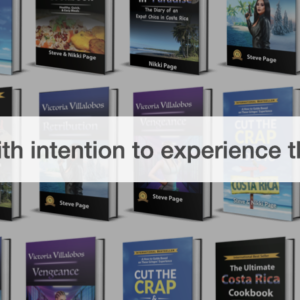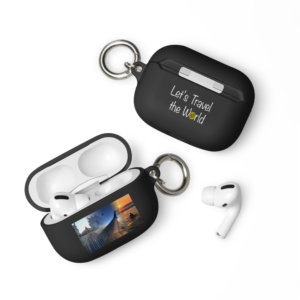As you settle into your new life as an expat, you might wonder how the concepts of international living and digital nomadism intersect. Each lifestyle offers unique opportunities, challenges, and rewards for those who choose to venture into this interconnected world. Experiencing new cultures, forging global connections, and embracing personal growth are just a few of the countless benefits you'll discover along this exciting journey.
The expat lifestyle encompasses a wide range of individuals, from digital nomads to professionals on expatriate assignments. Whether you're a globe-trotting freelancer or a traditional employee seeking international opportunities, the key to success lies in adaptability, learning from your experiences, and striving for continuous personal development. Open yourself up to the vibrant global community, and you'll uncover valuable insights about yourself, your skills, and your world.
International living requires a certain level of adaptability and openness to change. Embrace the diverse cultural, social, and professional environments you encounter as you delve deeper into your international journey. With a confident, knowledgeable, and clear approach, you'll not only thrive as an expat but also elevate your perspective on life, work, and human connection.
Understanding Expat and Digital Nomad Lifestyle
Essentials of an Expat Lifestyle
As an expat, you choose to live abroad for an extended period, immersing yourself in another culture and way of life. This decision could stem from various reasons, such as a better career opportunity, retiring overseas, or personal fulfillment. Keep in mind that adapting to a new environment may take some time, especially when adjusting to different customs, languages, and social norms.
To make your transition smoother, consider these essentials:
- Research: Before moving, gather as much information as possible about your destination. Understand its culture, climate, healthcare system, and cost of living.
- Finances: Plan your budget carefully and be aware of foreign currency exchange rates. Set up a local bank account and analyze any tax implications resulting from living abroad.
- Social Connections: Keep an open mind and be willing to meet new people. Expats often form communities that offer valuable support and friendships.
- Legal Matters: Ensure you have the appropriate visas, work permits, and other required documentation. Stay informed about the local laws and regulations in your new home.
Understanding Digital Nomad Culture
Embracing the digital nomad lifestyle means that you will work remotely and travel from one location to another. This allows you to explore various cultures, make new connections, and live a flexible life. As a digital nomad, you can make the most of modern technology for managing your work and travel responsibilities. Here's what you need to know to thrive in this culture:
- Remote Work: Choose a job or career path that embraces remote work and can be done from anywhere. This may include freelancing, consulting, or starting an online business. Consider securing your internet connection and equipping yourself with the necessary tools, like a reliable laptop and essential software.
- Travel Logistics: Plan your travel arrangements carefully, book accommodations, and arrange for transportation. You can leverage various resources, such as coworking spaces, to enhance productivity during your travels.
- Health and Insurance: Take care of your health by maintaining a balanced diet, exercise routine, and sufficient rest. Additionally, invest in comprehensive health insurance that covers you globally, including in the destinations you plan to visit.
- Legal and Tax Matters: Be aware of the visa requirements of the countries you visit and the potential tax consequences of your digital nomad lifestyle. Also, hold on to your important documents, like your passport, and keep copies in a secure location.
By understanding the essential aspects of both expat and digital nomad lifestyles, you can make informed decisions in your journey toward living and working internationally.
Examining Benefits and Challenges
Pros of International Living
As an expat or nomad, you can enjoy several benefits from living internationally. One of the most apparent advantages is the possibility of a low cost of living. Many countries offer a more affordable lifestyle than your home country, allowing you to stretch your income further. You can find better housing, food, and even healthcare options at a lower price.
Cultural immersion is another notable benefit of international living. By experiencing diverse cultures, religions, and languages first-hand, you can develop a stronger understanding of the world and enrich your life. This exposure can help you become more open-minded and empathetic, fostering personal growth.
A vital aspect of international living is the potential for increased income. Working abroad can open up new career opportunities and help you be more financially secure. In some cases, expats and nomads also benefit from favorable tax structures compared to their home country, allowing them to keep more of their earnings.
Cons of Nomadic Life
Despite its advantages, the nomadic lifestyle also comes with its share of challenges. One such challenge is maintaining discipline in your work and personal life. Since you're often exploring new locations, creating a regular routine can be difficult. Time management and establishing boundaries between work and leisure become paramount for maintaining a healthy balance.
Income can become unstable, as the nomadic life is often associated with freelancing or remote work. It's important to actively cultivate your network and develop a diverse skill set to ensure a steady flow of projects and jobs. Managing financial fluctuations and setting up contingency plans for potential income gaps are essential.
As an expat or nomad, you might also face issues in maintaining relationships and building genuine connections in different countries. Forming long-term relationships can be difficult since you're constantly moving from one place to another. Moreover, as you continually adapt to new environments, you may experience phases of loneliness and homesickness.
In summary, international living offers numerous benefits, such as a lower cost of living, cultural immersion, and increased income opportunities. On the other hand, nomadic life also presents challenges, including discipline, unstable income, and maintaining personal relationships. It's essential to weigh these factors and decide if this lifestyle aligns with your personal and professional goals.
Cost of Living Abroad and Coping Strategies
Managing Finances
When living abroad as an expat, international traveler, or digital nomad, it is essential to manage your finances effectively. You can do this by tracking your expenses and income, as well as setting a realistic budget for your day-to-day living costs. This will help you avoid financial stress and make the most out of your experience.
Taking advantage of tax benefits, international banking services, and currency exchange rates can assist in managing your finances more efficiently. This may include opening a local bank account in your host country or using an international money transfer service to transfer funds between your home and host countries.
To better manage your income, consider diversifying your sources of income by working remotely, freelancing, or investing in passive income streams like rental properties or dividend stocks.

Selecting low cost Destinations
Choosing a location with a lower cost of living can help you make the most of your resources and budget. This may involve deciding between continents, such as living in Asia or Europe, or even more specific countries like Mexico. Factors to consider when selecting a low-cost destination include:
Local currency: Understand the value of your current currency in relation to your destination's currency. This can give you a better idea of what your money can buy in the host country.
Housing costs: Research the average cost of renting or buying property in the area to ensure it aligns with your budget. Some regions may offer more affordable housing options than others.
Food and transportation: Evaluate the cost of groceries, dining out, and public transportation to ensure these expenses align with your budget. In destinations like Mexico and some parts of Asia, for example, inexpensive and delicious street food is abundant.
Lifestyle expenses: Account for any additional expenses that may arise from your lifestyle, such as fitness memberships, entertainment, and hobbies.
By carefully selecting a low-cost destination and effectively managing your finances, living abroad can become an accessible and enjoyable experience. Remember, seeking advice from professionals, like financial advisors or fellow expats, may help you navigate your financial situation more confidently.
Visa and Citizenship Aspects
Dealing with Work Visas
When considering an international move, it is essential to understand the work visa requirements for your chosen destination. Each country has its unique work visa application process and requirements, which you need to research and comply with. In general, applying for a work visa includes submitting your passport, a visa application form, and other relevant documents such as a job offer, resume, or employer sponsorship letter.
As an expat or a nomad, obtaining a work visa is crucial in legally working and earning income while abroad. Some countries offer different types of work visas, such as short-term work visas, long-term work visas, or visas specifically for freelancers or entrepreneurs. It is in your best interest to find the category that aligns with your needs and follow the necessary steps to apply and obtain the visa.
Understanding Citizenship Abroad
Expats and nomads might have questions regarding citizenship while living abroad. There are various paths to acquiring citizenship in a foreign country, such as naturalization, marriage, investment, or descent from a citizen. Keep in mind; citizenship laws vary significantly between countries and impose specific eligibility criteria.
For those not seeking citizenship, many countries offer permanent residency options, allowing individuals to live and work indefinitely within the country without the same rights and responsibilities as citizens. The process for obtaining permanent residency is different for each country and may involve fulfilling a residency period, providing proof of financial stability, or meeting other requirements.
In conclusion, understanding visa and citizenship aspects is crucial for a successful international living experience. Learn about the requirements and processes for the destination country and ensure that you adhere to them. Keep your options open and consider permanent residency if citizenship is not a priority. This knowledge will empower you and help you navigate the complex world of living and working abroad with confidence and clarity.

Selecting Suitable Locations
Selecting Destinations
When choosing the best places to live as an expat, international citizen, or digital nomad, it is essential to consider factors such as cost of living, quality of life, and accessibility. Some popular destinations with expat communities and location-independent professionals include Bali, Chiang Mai, and Medellín, thanks to their affordable lifestyles and cultural attractions.
For those pursuing a location-independent lifestyle, it's wise to research and look for destinations that offer digital nomad visas. These special visas, available in countries such as Estonia, Portugal, and Barbados, allow you to work remotely while enjoying the local lifestyle and amenities. Additionally, take into account the local infrastructure, internet connectivity, and coworking spaces, as these are essential for working efficiently.
Location Independent Living
Once you have narrowed down your destination options, it's time to dive into the details of location-independent living. Some key aspects to consider include:
Housing: Compare different accommodation types and their affordability. Websites like Airbnb, Booking.com, and local rental agencies can provide you with a good idea of available options and prices.
Cost of Living: Research the cost of groceries, dining out, transportation, and utilities in your chosen destination. Websites like Numbeo and Expatistan offer cost of living comparisons for various cities worldwide.
Healthcare: Familiarize yourself with the local healthcare system, including the availability of doctors, hospitals, and pharmacies. Health insurance options should also be considered, especially for long-term stays.
Safety and Stability: Don't forget to check the political stability, crime rates, and natural disaster risks of your chosen location. The U.S. Department of State's travel advisories and local news outlets can provide valuable information in this regard.
Language and Culture: Knowing the local language can greatly improve your experience and communication with locals. Research the predominant language, culture, and customs in your chosen destination.
Taking these factors into consideration, you can make an informed decision on where to start your journey as an expat, international citizen, or digital nomad. Remember, flexibility and adaptability are crucial in this lifestyle, so don't be afraid to explore and adjust as you go.
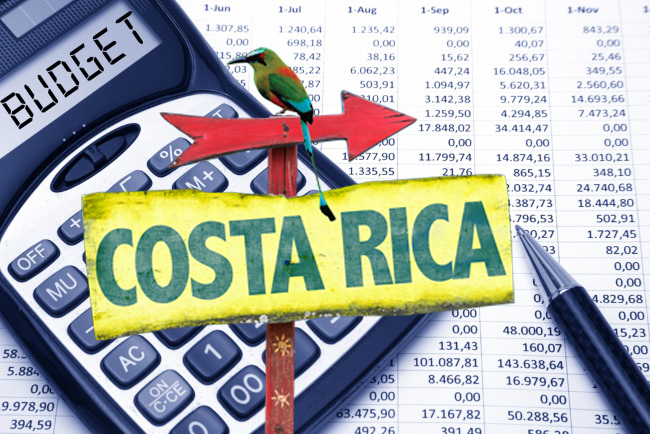
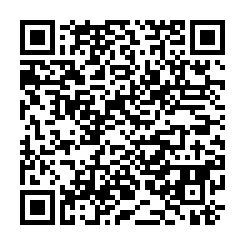
Remote Work Setup
Managing Remote Work
As an expat, international worker, or nomad, managing your remote work is crucial to ensuring productivity and success. By creating a work schedule, setting boundaries between work and personal life, and maintaining open communication with colleagues and supervisors, you can effectively manage your remote work. Stay organized by using digital tools, such as project management software or online calendars, to track your progress and stay on top of deadlines. Staying disciplined and organized will help you stay focused and efficient while working remotely.
Co-Working Spaces and Accommodations
Finding the right co-working space or accommodation that caters to your needs is essential to maintaining a productive work environment. Co-working spaces offer a shared, collaborative setting where you can work remotely, meet other professionals, and have access to resources such as high-speed internet and printing services. Search for co-working spaces in your area and consider the amenities, pricing, and location while choosing a place that best suits your needs.
Alternatively, if you prefer a more private, personalized work setting, consider accommodations that cater specifically to remote workers. These accommodations may offer amenities such as dedicated workstations, high-speed internet, and access to a fitness center or pool for relaxation and rejuvenation. Take the time to research and find accommodations that align with your work style and preferences to optimize your remote work experience.
Essential Travel Considerations
Travel Opportunities and Insurance
When you are planning to live as an expat or a digital nomad, researching and understanding travel opportunities is crucial. Investigate available visa options for your destinations, as well as any requirements and restrictions that may apply. Keep in mind that some countries offer specific visas or permits for digital nomads, which can ease your transition.
Always get appropriate travel insurance. It's essential to cover unforeseen expenses such as health care costs, flight cancellations, and baggage loss. Make sure your travel insurance policy covers the following:
- Medical emergencies and hospital costs
- Trip cancellations and delays
- Lost or stolen belongings
- Evacuation to your home country in case of emergency
Understanding Local Cultures
Embrace the opportunity to immerse yourself in the local culture and learn from it. By doing so, you can:
- Develop a deeper appreciation for diverse beliefs and customs
- Improve your interpersonal skills by interacting with locals
- Find unique experiences that enrich your life and provide personal growth
To better understand local cultures:
- Learn the language: Aim to speak at least a few phrases to show respect for the local people and their culture.
- Get involved in the community: Attend local events and festivals, visit cultural landmarks, and engage with people from various backgrounds.
- Research cultural norms and etiquette: Each country has its own unique customs and rules, so familiarize yourself with these to avoid misunderstandings.
By carefully considering these travel opportunities, insurance, and cultural immersion aspects of your journey, you can confidently and responsibly embrace your expat or digital nomad life.

Health Aspects of International Living
Dealing With Health Insurance
When living abroad, it's crucial to arrange appropriate health insurance. You should research various international health insurance options before making a decision. Many countries have universal healthcare, but the coverage might not extend to expats or nomads immediately upon arrival. For seamless medical coverage, consider investing in a portable and comprehensive international health insurance plan that covers you wherever you go.
When evaluating an insurance policy, make sure it offers:
- Hospitalization and outpatient care
- Medical evacuation and repatriation
- Prescription medications coverage
- Preventative care and wellness benefits
Remember to read the fine print to understand the extent of the coverage, limitations, and exclusions. Keep in mind the region or country where you're residing may have specific healthcare requirements that your insurance plan should cover.
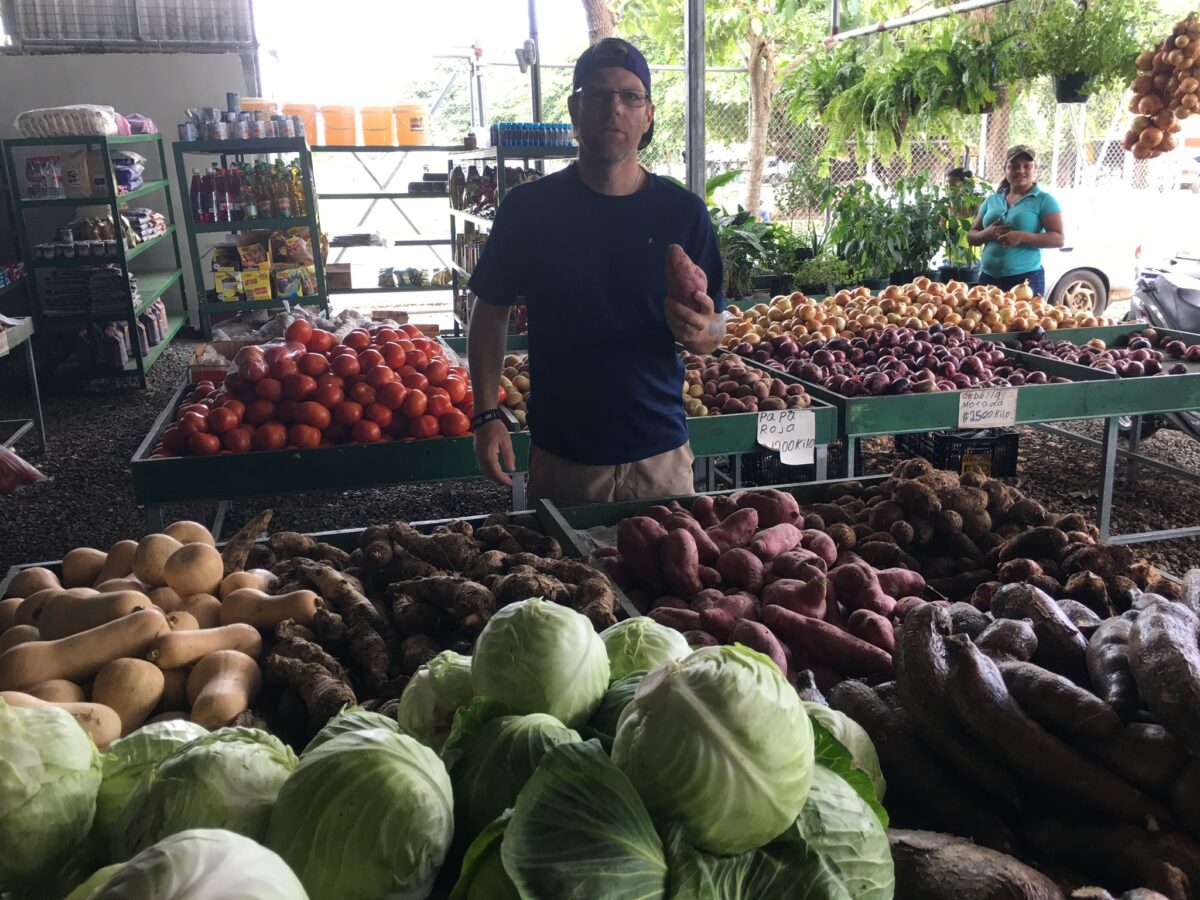
Adjusting to a Healthier Lifestyle
Embracing a healthier lifestyle is an essential aspect of international living. This may involve making adjustments in several areas, such as:
Diet: Adopting a balanced and nutritious diet while living abroad is crucial for maintaining optimal health. You may need to adapt your eating habits to the local cuisine and shopping practices. Look for fresh and locally-produced ingredients and explore new recipes to improve your overall health.
Exercise: Ensure that you incorporate regular physical activity into your daily routine. Many countries offer various fitness options, such as gyms, outdoor sports, and group activities. Take advantage of these opportunities to stay fit, make new friends, and learn more about the local culture.
Mental health: Adjusting to life abroad can be challenging. It's important to prioritize mental health by developing a support system, connecting with other expats, and seeking professional help if necessary. Additionally, practicing stress-reduction techniques, such as meditation and mindfulness, can help enhance mental well-being.
Preventative care: Familiarize yourself with local healthcare providers and schedule regular check-ups and screenings. This will help you manage any potential health concerns that may arise while living abroad.
By focusing on your health insurance, adapting to your new environment and lifestyle, and prioritizing mental and physical well-being, you can enjoy a healthy international living experience.


